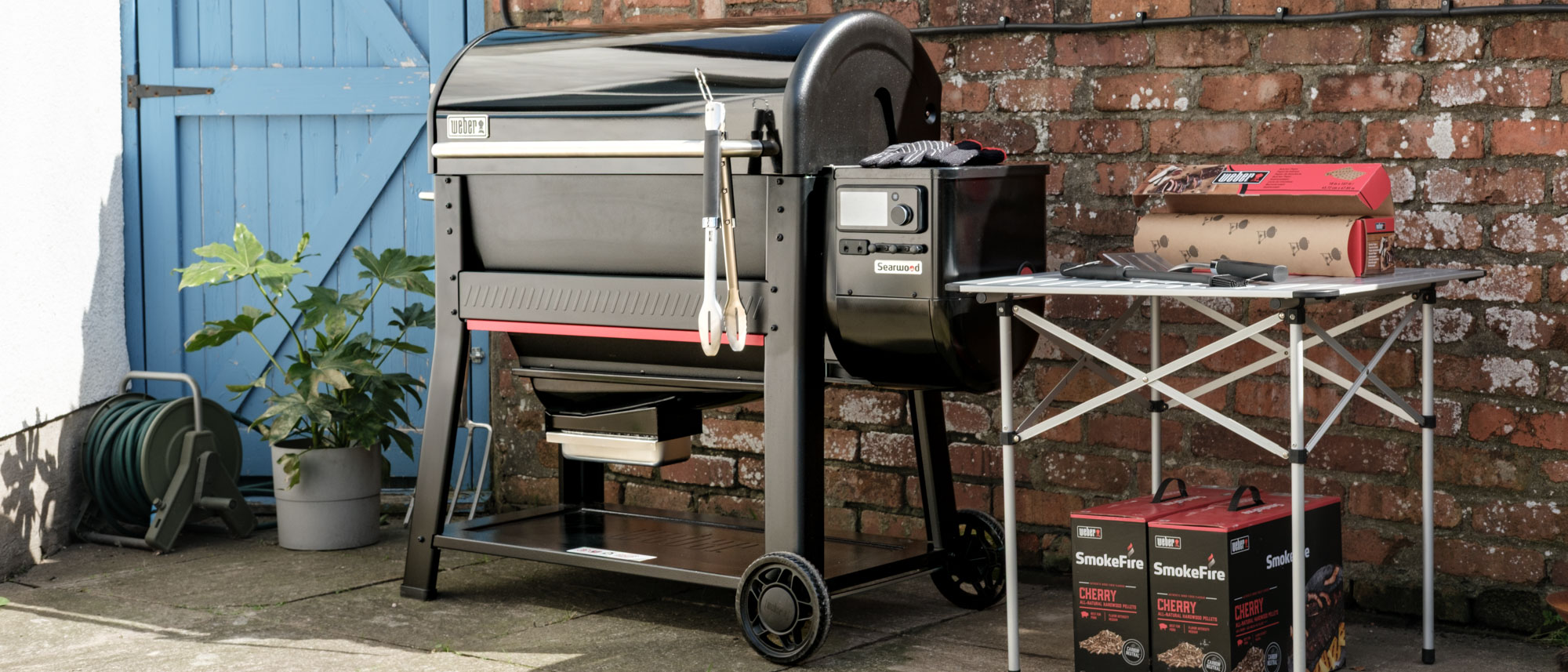Cushioning, comfy hug or a recipe for back pain? 3 people who'd benefit from a soft mattress — and 3 who should avoid them
Want cradling comfort but unsure whether a soft mattress will support you? Here's what you need to know
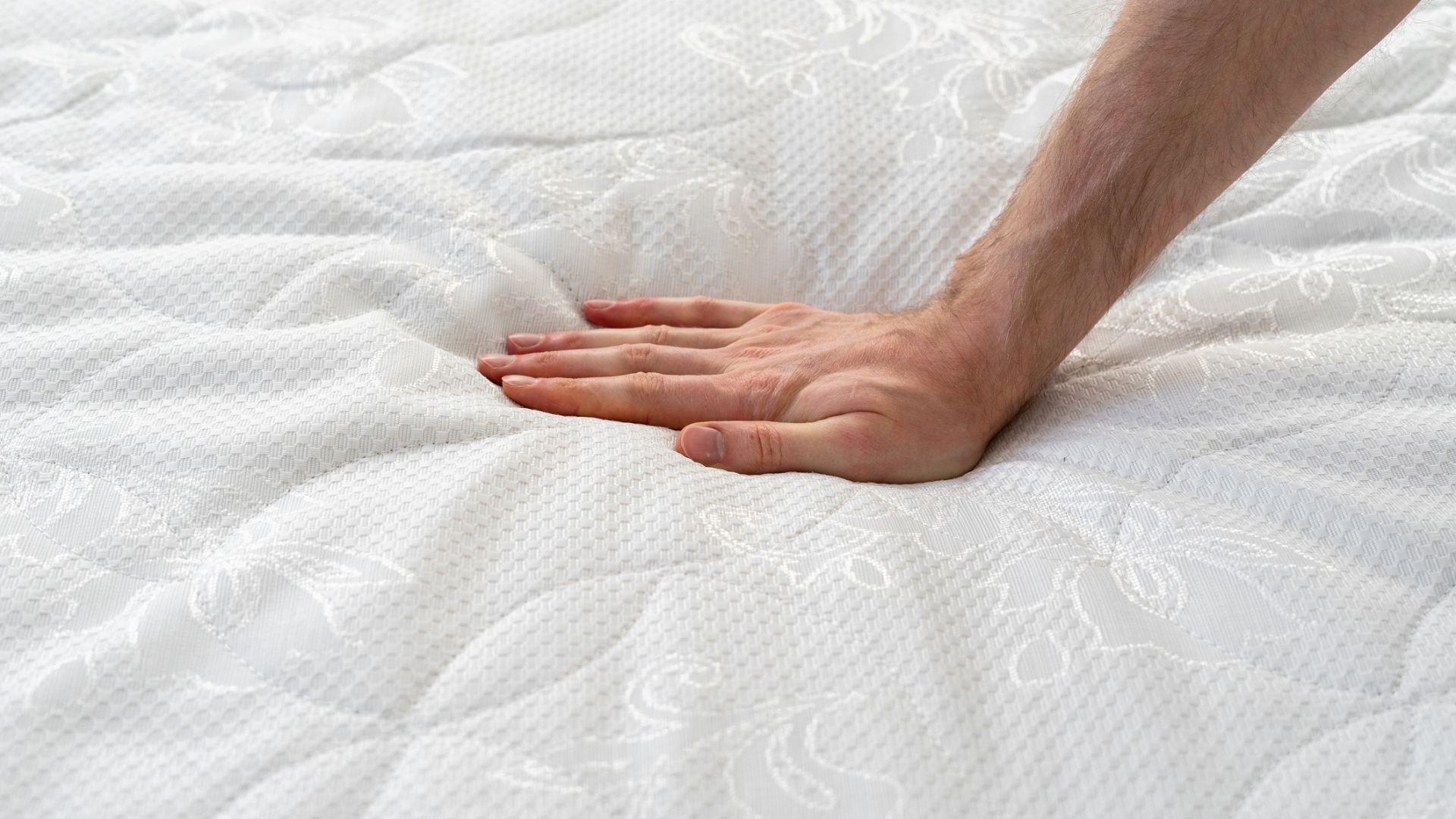
The right mattress for you will offer a balance of pressure relief, cushioning and support to keep the spine aligned and joints cradled.
It's fair to say that when considering this criteria, a soft mattress might not be the first option that springs to mind.
However, soft mattresses can be beneficial for some sleepers. Provided you invest in a plush mattress that also has plenty of adequate support in its core, there are a range of sleepers that suit this kind of bed, compared to a firm surface. And, many of our top picks in this year's best mattress guide for all sleepers come in a plush option.
However, to understand what firmness you need, you must consider your body weight and sleeping style. Here, we explore who would benefit from a soft bed and who should opt for an alternative feel. With mattress deals ramping up in time for the Memorial Day mattress sales, it's a great time to find out what you need in a new bed.
What is considered a 'soft mattress'?
Although firmness is subjective and influenced by both your body weight and sleeping style, a firmness rating below 3 out of 10 is usually described as soft.
At 3 out of 10, there will be more noticeable sinkage. A 4 out of 10 is generally considered to be medium soft. You may see these mattresses branded as 'Plush' or 'Luxury Plush'.
A soft mattress will sink under your weight, and you're likely to feel a lot of contouring around your pressure points. You might also experience that classic memory foam 'hug' in a softer bed.
Sign up to get the BEST of Tom's Guide direct to your inbox.
Get instant access to breaking news, the hottest reviews, great deals and helpful tips.
In contrast, a firmer mattress will push back more against you with more subtle contouring and firmer support to keep the body raised and aligned. In this case, you'd sleep on top of the bed, rather than in it. So, do you need a soft or firm mattress... or somewhere in the middle?
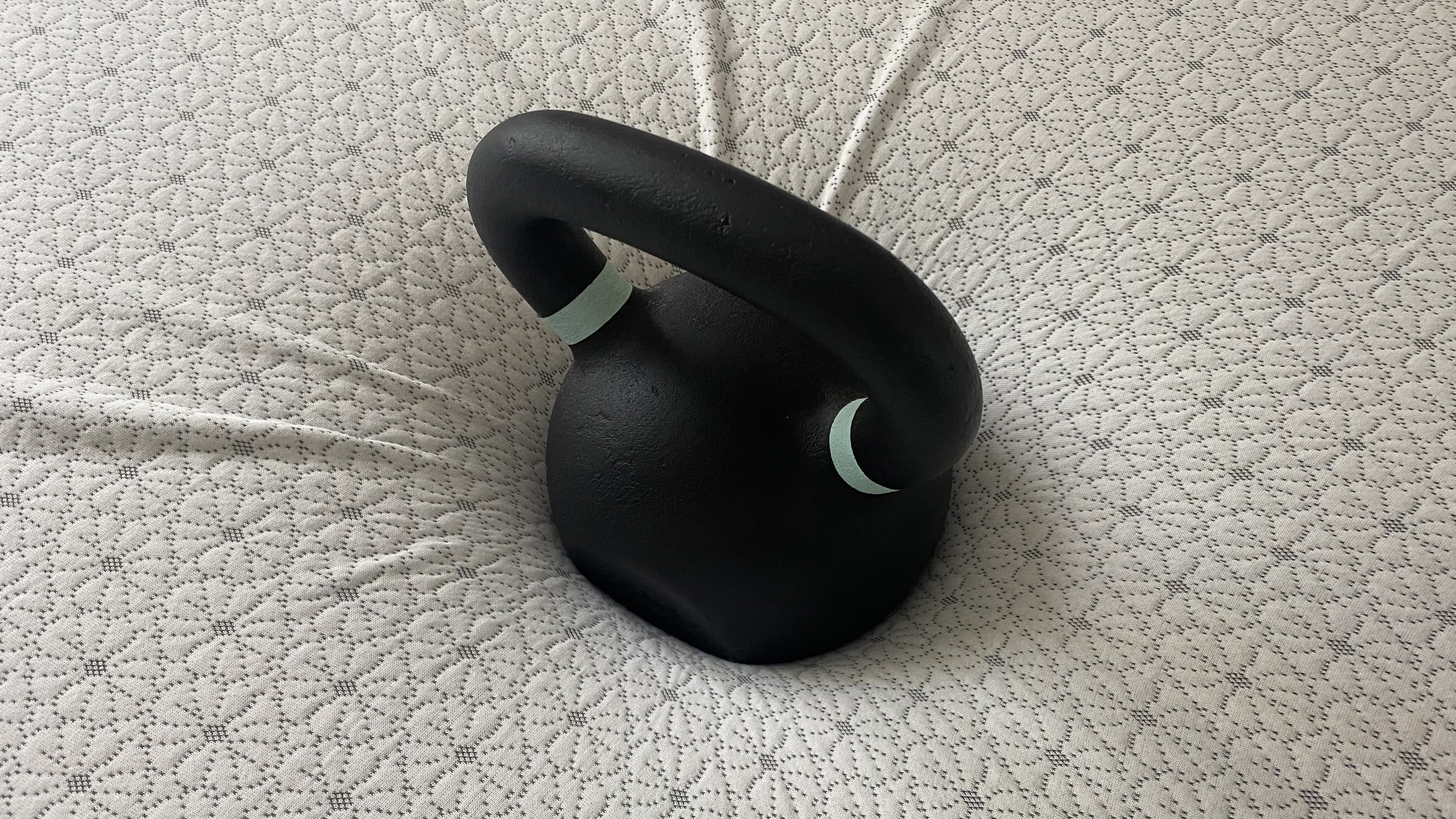
3 people who could benefit from a soft mattress
1. Side sleepers
The best mattresses for side sleepers have ample cushioning for the pressure points around the shoulders, knees and hips.
When we lie on our sides, our weight shifts to these areas and, without adequate cushioning, sleepers could end up with sore joints and the dreaded ‘dead hip’.
A good soft mattress will hug the body and cradle these pressure points, which will soothe any aches and pains, whilst still providing plenty of support from the core of the mattress to keep the spine aligned.
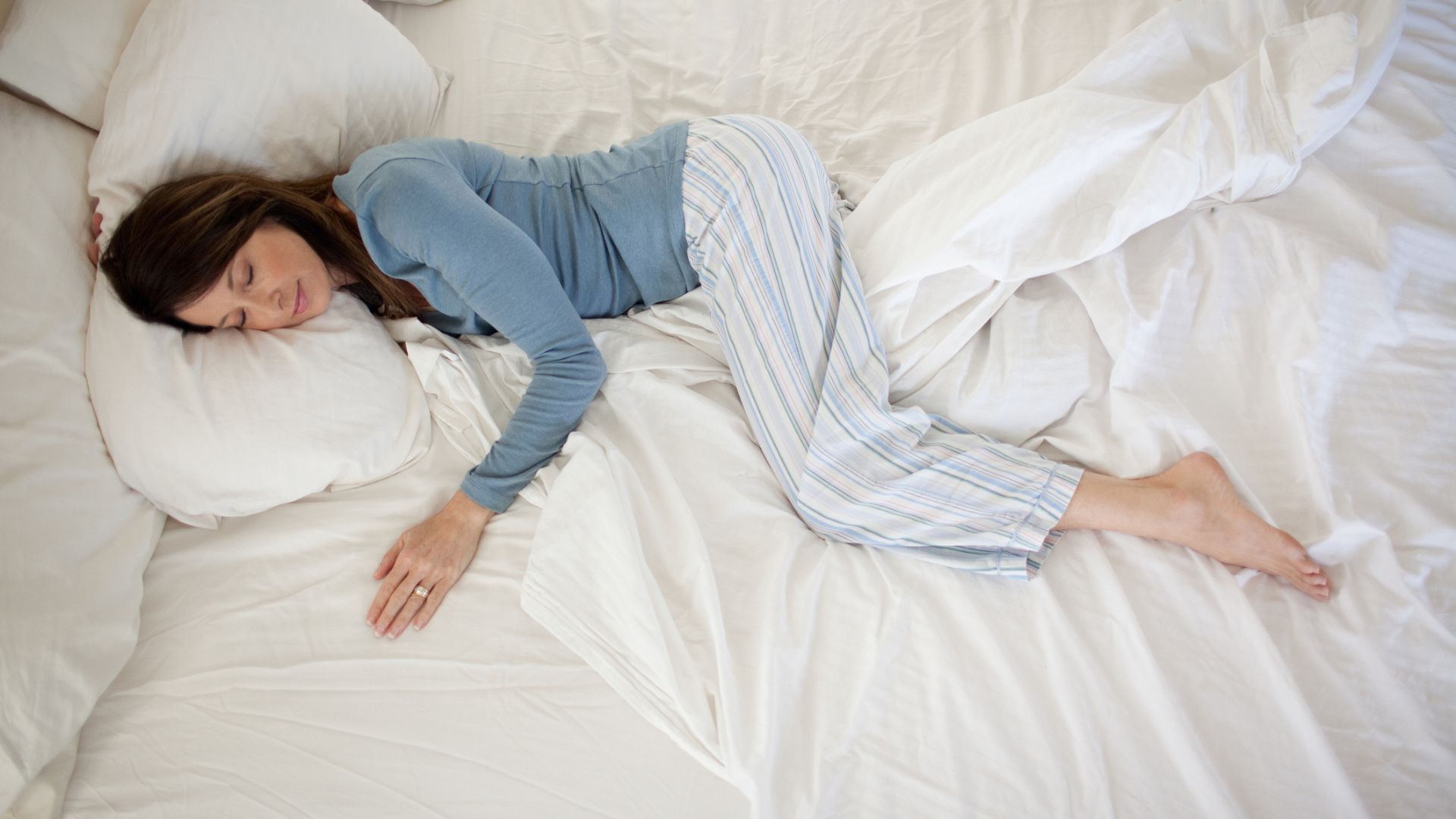
2. Elderly sleepers
From the age of 30 onwards, we lose muscle mass at a rate of around 3%-8% a decade.
But, after 60, this decline starts to speed up. The Cleveland Clinic notes that it's estimated that between 11%-50% of people over 80 years old experience sarcopenia, which is the "gradual loss of muscle mass, strength and function."
A softer mattress will provide more cushioning for those with muscle mass loss or to older patients with sore joints who also need more padding.
One of the best memory foam mattresses could also be a great pick here, with the foams helping to cushion the joints.
3. Lightweight sleepers
Firmer mattresses aren’t always ideal for lightweight sleepers, who may not feel the support on offer because they’re simply not sinking far enough into the mattress.
This can, again, lead to a build-up of pressure, as joints won’t be receiving adequate cushioning.
A soft mattress will help to cradle a lightweight sleeper, allowing them to sink in far enough for foams to cushion round the pressure points, and still receive plenty of support.
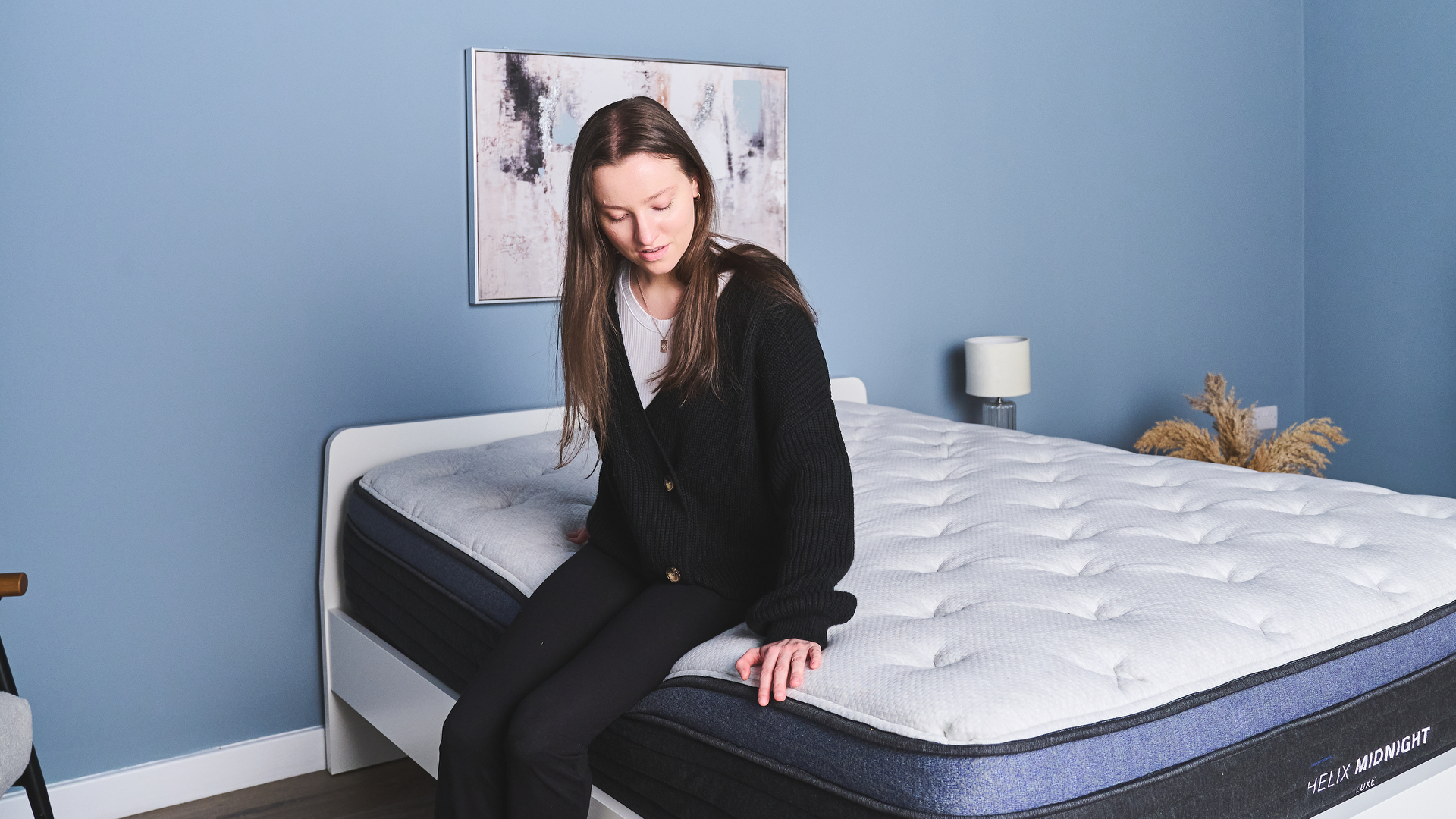
Who should avoid a soft mattress?
Heavier sleepers
A soft mattress will struggle to support a heavier body, with the sleeper likely to end up sinking too far into the mattress. This will, in turn, compromise the support.
Instead, the best mattresses for heavier sleepers use firmer foams and coils that will help keep a larger frame supported.
We’d recommend avoiding medium and soft mattresses if you weigh over 250lbs, as you just won’t get enough support..
Back and stomach sleepers
Back and stomach sleepers need a mattress that keeps their hips lifted to keep the spine aligned.
A soft mattress is likely to cause their hips to sink too far into the mattress, which will throw the spine out of alignment.
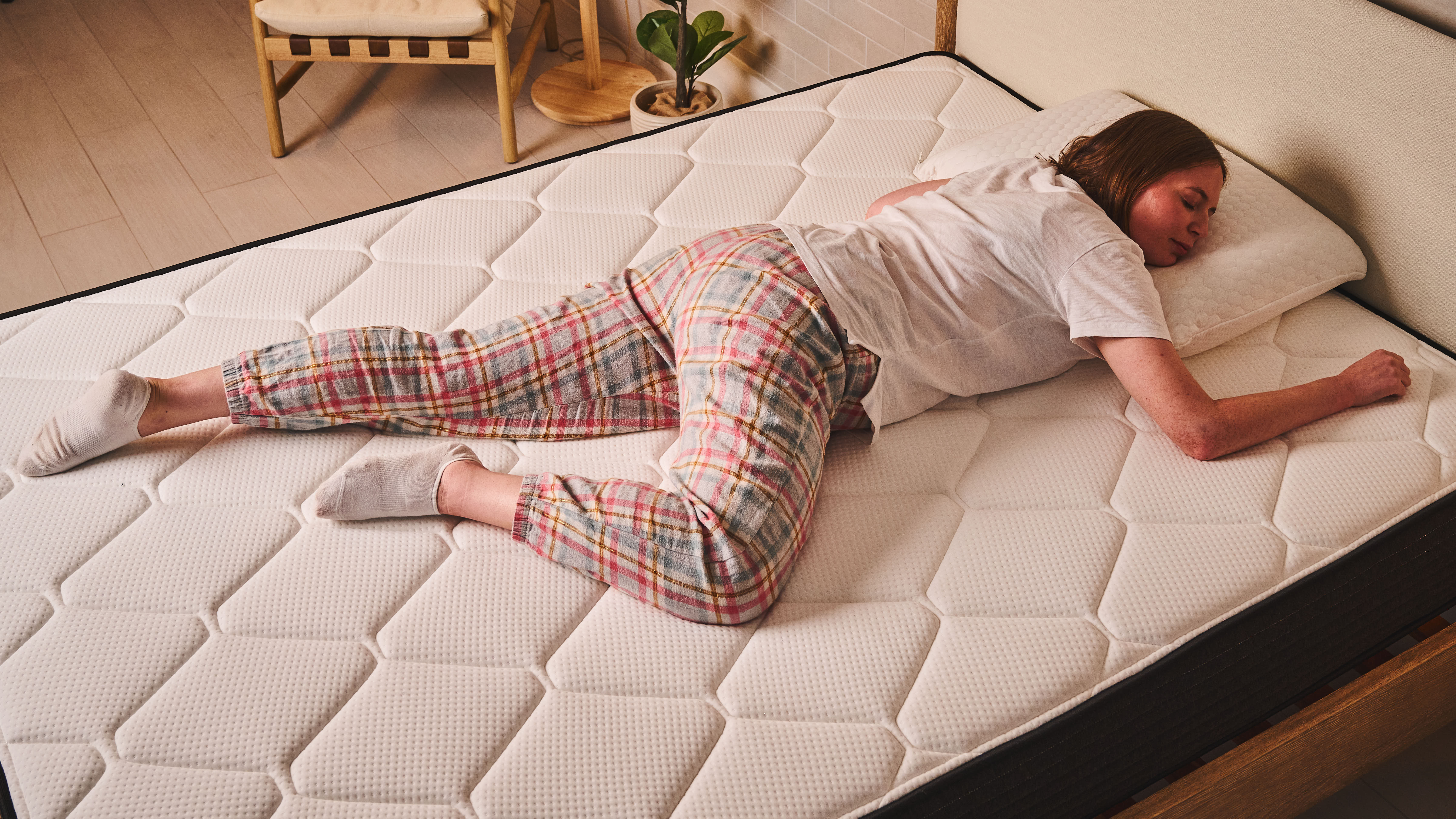
Instead, back sleepers are generally better off with either one of the best medium firm mattresses, while those who sleep on their front should consider one of the best mattresses for stomach sleepers.
These mattresses will not only support the hips and lower back, but in helping to prevent the shoulders sinking too deeply, they can also help to avoid any strain being placed on this area, as well as the neck.
Sleepers with back pain
If you experience back pain, it’s vitally important to ensure that your mattress is allowing your spine to rest in a neutral alignment.
A soft mattress can allow sinking of the heavier parts of your body, which can cause aches and pains as your spine won't be aligned.
The best mattresses for back pain offer superior support in the lumbar region (your lower back area), along with a little cushioning where it’s needed at your pressure points.
In general, medium firm and firm mattresses are best suited to those with back pain, but, firmness is subjective, and lightweight sleepers may find a softer mattress more suitable to provide enough contouring for their frames.
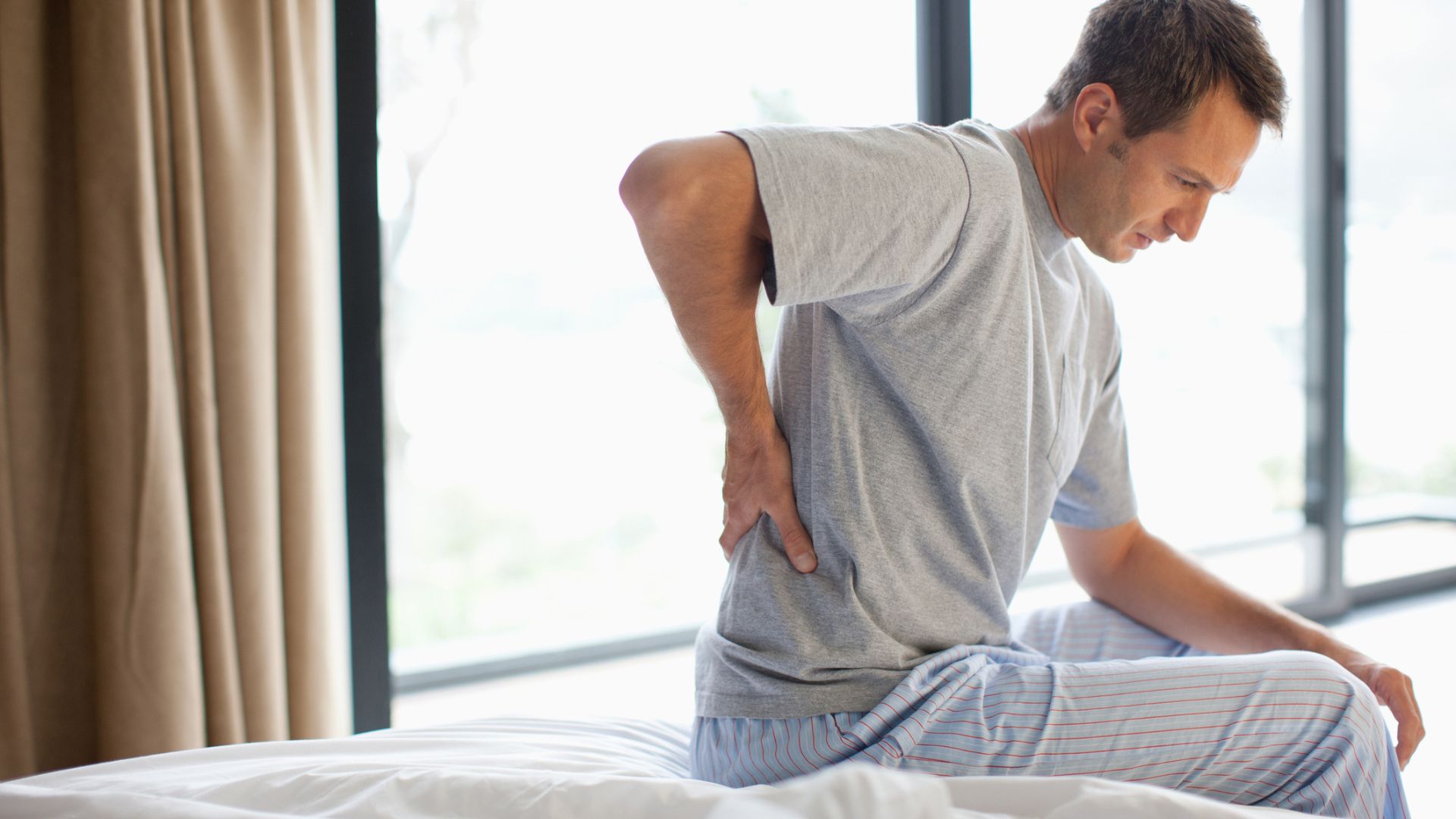
How to choose the right mattress firmness for you
As we've mentioned, mattress firmness is subjective, and your body and sleeping style play a part in determining the right fit for you.
In general, lightweight sleepers and side sleepers will prefer a soft or medium mattress that allows for plenty of contouring at the pressure points.
Back sleepers should suit a medium firm mattress for a good blend of comfort and support, while stomach sleepers and those of a heavier build tend to need a firmer mattress to stop them from sinking too far into the bed.
Remember too that if you’re sharing a bed and are each of an average weight or higher, you may not get the same level of support from a soft mattress that you would if sleeping on your own. It’s generally recommended to get a slightly firmer mattress if you share your bed. Alternatively, opt for an adjustable firmness bed where you can customize each side based on your needs.

Jo Plumridge is an experienced mattress reviewer with several years' experience covering all things mattresses and sleep, and who tests memory foam, hybrid and organic mattresses. What Jo doesn't know about a boxed mattress isn't worth knowing, so naturally we tasked her with producing a series of features for Tom's Guide looking at all aspects of mattresses, from how to pick between latex and memory foam (it's a tricky one), to the seven mistakes people make when buying a mattress for the first time. When testing the DreamCloud Luxury Hybrid for Tom's Guide, Jo said: "I loved the back support and pressure relief it offered. Plus, it looks far more expensive than it is." When she isn’t writing about sleep, Jo also writes extensively on interior design, home products and photography.
You must confirm your public display name before commenting
Please logout and then login again, you will then be prompted to enter your display name.
